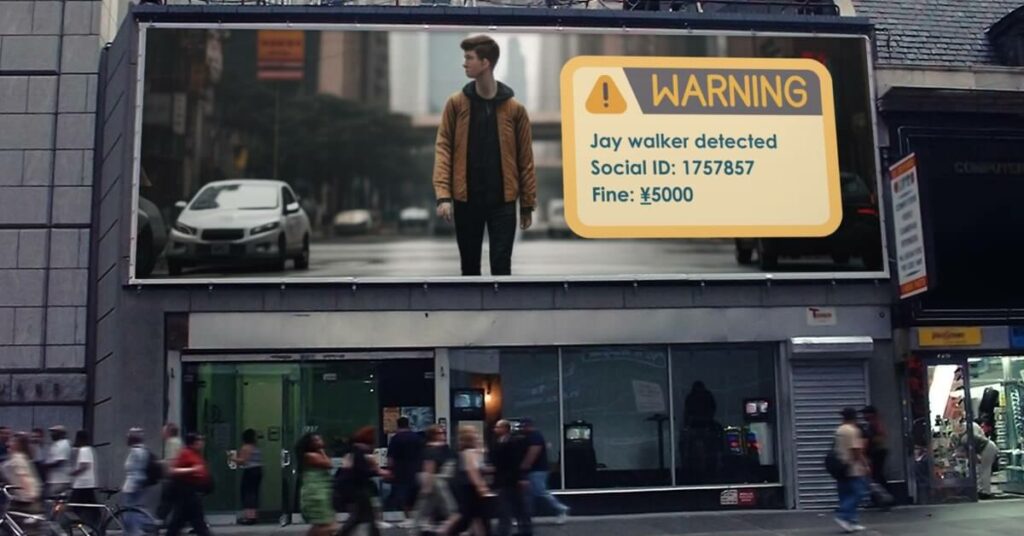Queensland recently launched a crackdown on dangerous driving, with tougher penalties for high-risk offences such as speeding, running red lights and not wearing a seatbelt.
Bigger fines and more demerit points are amongst the measures designed to reduce the 300 deaths on our roads each year. Motorists clocked at up to 9km/h over the speed limit now face a hefty $287 fine, while those caught using their phones while driving have to cough up an eye-watering $1,078.
They’re tough penalties, but Queensland isn’t alone when it comes to harsh road penalties. Jurisdictions around the world have come up with draconian (and sometimes ingenious) punishments to try to reduce road injuries and deaths.
In this article, we look at 8 of the harshest examples, from seven-figure speeding fines in Switzerland through to DUI offenders being forced to work at morgues in Thailand.
Working at a morgue (Thailand)

In a bid to reduce the 20% of road accidents caused by drink driving, Thai authorities have come up with a macabre punishment: putting DUI offenders face to face with death by making them work at morgues.
The grim scheme was created in 2016 ahead of the annual ‘Seven Days of Danger’ festival where 160 people are typically injured per hour—mostly in drinking related incidents including car accidents.
“Convicted drivers are required to clean and transport bodies, so that hopefully they would feel the pain, so that they may understand and attain a good conscience, so that it could be safer on the roads," says Anurak Amornpetchsathaporn, Director of Emergency Response at the Thai Bureau of Public Health.
Cleaning the streets (United Arab Emirates)

The road toll in the United Arab Emirates has fallen by two thirds since 2010 on the back of stricter penalties, together with road safety campaigns and tighter car safety standards.
As well as big fines—serial speedsters can expect a DH3,000 fine (AUD $1,200) and have their car confiscated for 60 days—police can also sell off offender's cars at public auction.
Courts can also impose other measures such as community service. In 2021, five drivers caught 'drifting' on the streets of Abu Dhabi had their cars sold off before being made to sweep the streets for three months.
Cars crushed for repeat hooning offences (Queensland)
A car used at a gender reveal party—fitted with blue tyres to create a 100-metre burnout cloud in suburban Brisbane—was recently destroyed to highlight Queensland’s new anti-hooning laws (‘hooning’ refers to anti-social driving behaviour such as street racing or burnouts).
The state now has some of the toughest anti-hooning laws in the world, with police given stronger powers to impound or even destroy repeat offender's vehicles. Hoons can also be imprisoned for up to six months or fined a maximum of $5,338.
Depending on the number of hooning offences, vehicles can be impounded or forfeited for the state to sell or destroy.
Instant public shaming for jaywalking (China)

It sounds like something out of an episode of Black Mirror: the use of Artificial Intelligence to publicly shame offenders.
Using a combination of AI, video recognition and extensive Government databases, images of jay-walking pedestrians in the Chinese city of Shenzhen are emblazoned across public LED screens.
It gets even more 1984-eqsue: offender’s images are shown alongside their names and identification details. It’s even thought that the offences are considered as part of China’s reported ‘social credit’ score system.
While something like this would be controversial in the west, eight out of ten Chinese citizens reportedly support the use of the technology.
Million dollar speeding fines (Switzerland)

The threat of a $200 speeding fine is more of a deterrent to an average worker than it is to a millionaire. Switzerland (like a number of European countries) addresses this imbalance with a penalty system linked to an offender’s salary.
It’s simple: the more you earn, the bigger the fine.
This concept was stretched to the limit in 2010 when a 37-year-old motorist was clocked 170km/h (no, that’s not a typo) over the speed limit. Driving a Mercedes SLS AMG at 290km/h, he was fined more than $1 million USD.
The driver’s excuse?
“The speedometer must have been on the blink”.
Jail time for reserving a parking space by standing in it (Malaysia)
It’s frowned upon socially, but now one country has penalised a questionable form of parking etiquette: the act of attempting to reserve a parking space by standing in it.
Malaysia’s Road Transport Act specifically prohibits the move, with maximum penalties ranging from RM2,000 (AUD $600) to imprisonment for up to six months. The penalty doubles for offenders convicted a second time.
It isn’t the only draconian driving law in Malaysia. Motorists can also be jailed for six months for a faulty third brake light or an excessively loud exhaust, while causing an accident by failing to signal carries a maximum penalty of 12 months in prison.
Despite these tough laws, Malaysian roads are amongst the deadliest in the world.
$10,000 fine for texting (Alaska, United States)
Queensland’s $1,078 fine for driving while using a mobile is the biggest in Australia, but it’s not even close to the world record.
That goes to Alaska, where until 2016 motorists caught driving and texting could be fined up to $10,000 or face up to one year in prison.
That penalty was later revised down to $500. Why? It’s unclear how effective large fines are, with large fines difficult to impose, often going unpaid.
“People figured out that having a small fine for texting and driving would be easier to prosecute and make it stick,” commented public defender Darrel Gardner. “If the goal is deterrence, that’s much more effective.”
Social Media shaming for active warrants (Ohio, United States)
It’s the place where relatives share baffling political opinions. Now Facebook is also the place where you can be publicly shamed for bad driving.
As well as vigilante groups sharing dash-cam footage of questionable driving, some police departments are now using Facebook to shame motorists for their poor driving.
In 2021, Portage County Sheriff’s Office in Ohio began ‘Traffic Tuesday’, taking to Facebook each week to share the names and photos of locals with active warrants for minor traffic offences.
Chief Deputy Ralph Spidalieri responded to ethical concerns raised by some locals, stating that “If somebody feels embarrassed, I can’t help that. We’re not here to embarrass anyone. We’re here to do a job”.
